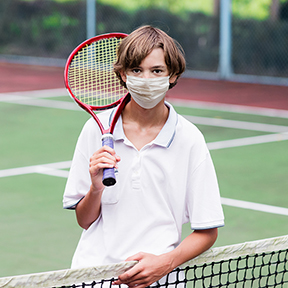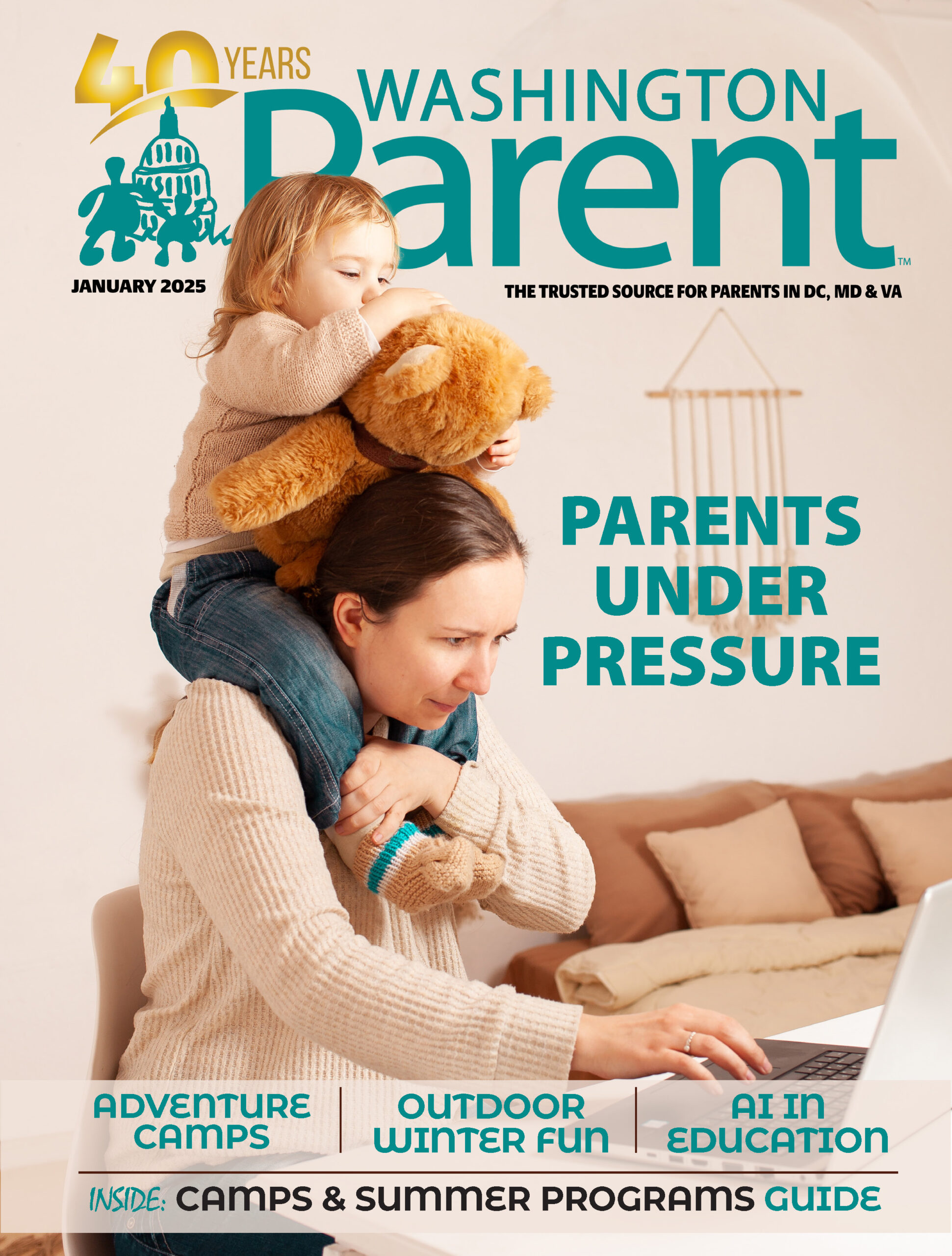As we approach the beginning of summer, we start to fantasize about trips
to the beach, cookouts with family and friends, 4th of July
fireworks and fun times at local pools. Another must in summer is camps for
our children!
Every year, parents joyously make summer camp plans, travelling to
different stores looking for bathing suits, wet shoes, camping gear or
other equipment to make our children’s camp experience fulfilling. This
year, enthusiasm has been replaced by concern, and rightfully so.
This has been a year unlike any other, ushering in the novel virus
COVID-19, which caused retail stores, businesses and schools to close
buildings in order to stop the virus from spreading. Because of new rules
in place to keep the public safe, schools, educational centers, county
recreation centers and private organizations have had to modify their
approach to summer camps and determine the safest way to offer quality
programming in a way that complies with federal and state health
guidelines.
Changes in rules pertaining to public gatherings have made parents unsure
of how the summer camp environment will look. How will they prepare? Will
they get a refund of fees for summer camps that are cancelled? Will their
children experience camp from home through virtual environments, similar to
the online distance learning provided by schools?
The American Camp Association (ACA), the central entity in charge of
standards and guidance for camp facilities, has made it clear it cannot
issue a statement to require camp facilities to operate in specific ways
because it is not a health organization. As stated on its website, “Every
camp is different and will ultimately assess their ability to operate
… subject to the each state’s/local county’s rules … in the
COVID-19 environment.” This means each individual organization must
determine if it will offer summer camps at all and how they will operate.
The ACA recruited health consulting firm Environmental Health &
Engineering to work with them and the YMCA of the USA to “evaluate and
clarify the health standards a camp would have to adhere [with] to operate
this summer” and to offer “science-based input that is crafted specifically
for camps.” This collaboration resulted in the Camp Operations Guidebook
which ACA provided to health departments in all states. It is also
available at ACA’s website for organizations to review and make independent
assessments to establish their own camp experiences for children this
summer.
Despite clear summer camp safety guidelines issued to address coronavirus
concerns, each jurisdiction in our area has established different
parameters for their phases of reopening parts of the state for public
access and gatherings.
In Maryland, Governor Larry Hogan recently announced permission for youth
day camps to resume outdoor activities. In Virginia, Governor Ralph Northam
stated overnight camps must remain closed while private campgrounds are
allowed to operate under strict 10-person maximum restrictions. In the
District of Columbia, Mayor Muriel Bowser did not provide specific guidance
for operating summer camps, but did announce lifting the District’s
stay-at-home order, which still prohibits gatherings of more than 10
people.
Interpreting state guidelines and the ACA’s guidebook is one thing, but the
answer becomes apparent by doing individual research. With everybody doing
things slightly differently, it’s best for parents to call each place
individually (or visit their website) and ask if they’re offering summer
camp this year.
What will camps look like this summer?
One thing is for sure: the traditional fun of summer camps with children
freely high-fiving their teen counselors, wrestling each other in
good-natured fun and giving warm, Olaf-like hugs is not allowed this year.
Everything else is up in the air. When this article was written, many
organizations had not posted their decisions whether if, or how, they plan
to offer summer camps. We were able to confirm definite plans with only a
few organizations.
In-Person
The Harmonia School of Music and Art in Vienna has decided to offer an
in-person summer camp, but has a contingency plan to give virtual classes
if things don’t work well. According to office manager Jennifer Murphy,
“We’ll be doing temperature checks at the door, requiring masks unless
there are medical restrictions, [disallowing use of the] water fountain
… and [having] student volunteers do extra cleaning.”
Kidcreate Studio in Alexandria will offer art camps to children ages 4-12
at their art studio, with protocols in place to ensure social distancing,
individual art supplies, increased sanitation practices and masks for
teachers and campers.
The Camp Koda Summer Riding Program in Leesburg is offering an in-person
opportunity for children to learn to ride horses. The staff plans to limit
occupancy of their physical spaces to 10 people, offer contactless
temperature checks, require face coverings “where possible” and “practice
routine cleaning and disinfection of high contact areas,” according to its
website.
Virtual-Only
The following organizations are offering summer camps to students on a
virtual basis only, with no opportunity for in-person experiences.
Round House Theatre in Bethesda will offer acting, movement, design and
playmaking summer camps to children in grades K-12.
The Young Artists of America at Strathmore is offering a performing arts
intensive program in musical theater to students from middle school through
high school.
Fairfax Collegiate Summer Program will offer 50 summer enrichment classes
with small student class sizes: six for math and up to 12 for other
classes.
Washington, D.C. public schools are offering summer extended learning and
enrichment opportunities and will provide meals to students.
The MAPACI children’s division of Italians in DC is offering its Camp Stivi
for children ages 5 – 15 through ZOOM.
Cancellations
Some organizations have decided to cancel summer camps altogether,
including the Town of Leesburg and the City of Gaithersburg.
Bottom Line
If parents want their children to attend summer camp this year, they need
to understand that the traditional camp setting is not possible. Many
organizations are offering some sort of virtual programming. The best plan
is to call each place individually and ask about summer camps.


